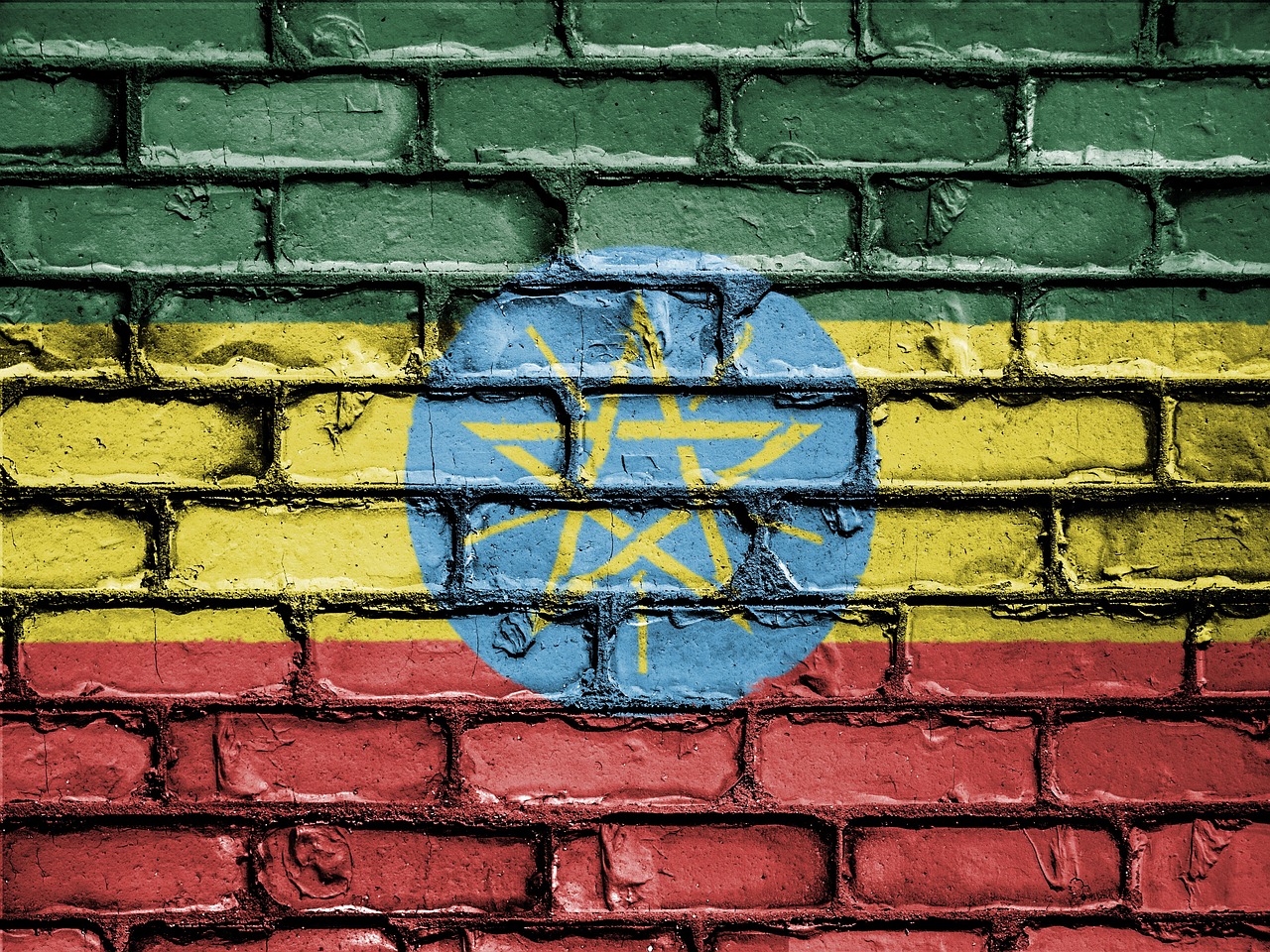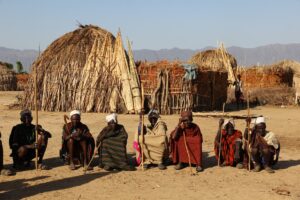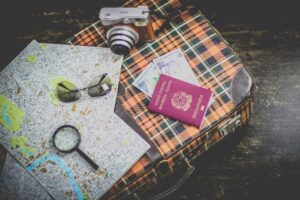Ethiopia, one of Africa’s most captivating countries, offers travelers a rich tapestry of history, culture, and stunning landscapes. However, it’s essential to be well-prepared to ensure a smooth and memorable journey. In this guide, we’ll share some crucial Ethiopia travel tips and advice.
Visa and Documentation
Most travelers will need a visa to enter Ethiopia. The simplest way is to apply for an e-Visa online before your trip, valid for 30 to 90 days depending on your selection. Be sure to also have a passport that’s valid for at least six months from your planned date of entry.
Health Precautions
Ethiopia requires proof of Yellow Fever vaccination if you’re traveling from a country where the disease is present. It’s also advised to be up-to-date with routine vaccinations like Hepatitis A and B, Typhoid, and Tetanus. Malaria is present in some regions, so consult with your healthcare provider about malaria prevention medication. Remember to also carry a good insect repellent.
Currency and Expenses
The Ethiopian Birr is the local currency, and while credit cards are accepted in larger hotels and restaurants in Addis Ababa, cash is king in most parts of the country. ATMs are available in major cities, but it’s best to carry enough cash when traveling to more remote regions.
Safety and Security
While Ethiopia is generally safe for travelers, it’s wise to stay informed about the current political situation. Keep your belongings close, especially in crowded markets or bus stations, to avoid pickpocketing. Also, respect local customs, and ask for permission before photographing people.
Dress Appropriately
Ethiopians tend to dress modestly, and it’s respectful to follow suit. This is especially important when visiting religious sites where men should wear long trousers and women should cover their hair, arms, and legs.
Food and Water Safety
Ethiopian cuisine is a delight for the senses, featuring dishes like injera (a sourdough flatbread) and doro wat (a spicy chicken stew). However, to avoid any potential health issues, eat at clean and reputable restaurants. Only drink bottled water, and avoid ice unless you’re sure it’s made from purified water.
Respect Local Traditions and Cultures
Ethiopia is a cultural mosaic with more than 80 ethnic groups. Each has its own unique traditions and customs. Show respect by learning about these cultures, and follow any local guidelines or traditions, especially when visiting sacred or culturally important sites.
Plan Your Itinerary Wisely
Ethiopia has diverse climates due to its varying altitudes. The highlands can be cool, especially at night, while the Danakil Depression is one of the hottest places on earth. When planning your itinerary, consider these factors, as well as the local holidays and festivals which can affect site openings.
Keep an Open Mind
Traveling in Ethiopia can be challenging but immensely rewarding. Infrastructure may not be as developed as you’re used to, and things may not always go as planned. Keep an open mind, embrace the unexpected, and remember that it’s all part of the adventure.
Navigating Ethiopia requires a balance of preparation and flexibility. With these tips in mind, you’re ready to embark on an unforgettable Ethiopian adventure.




